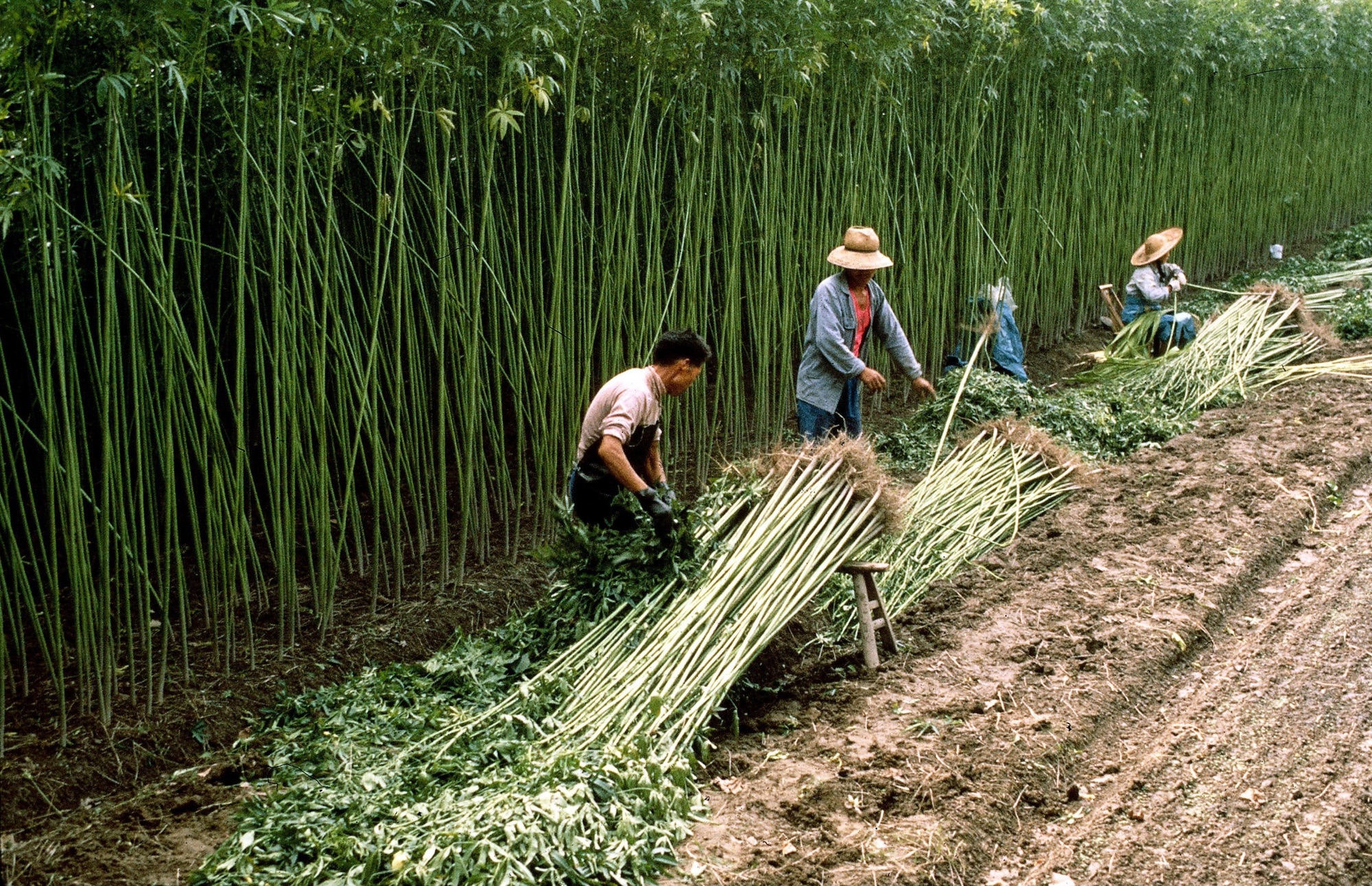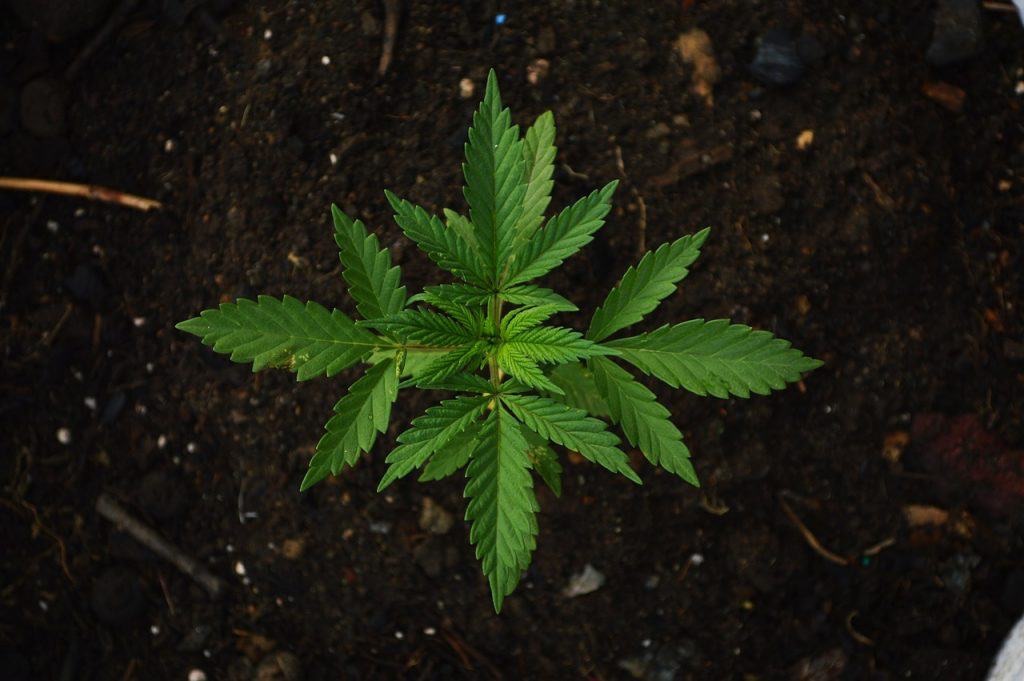Hemp is a versatile plant with many different varieties and applications. From textiles to wellness products, hemp has become a sustainable and valuable resource. Here’s a look at the various types of hemp and how they are used across industries:
Industrial Hemp
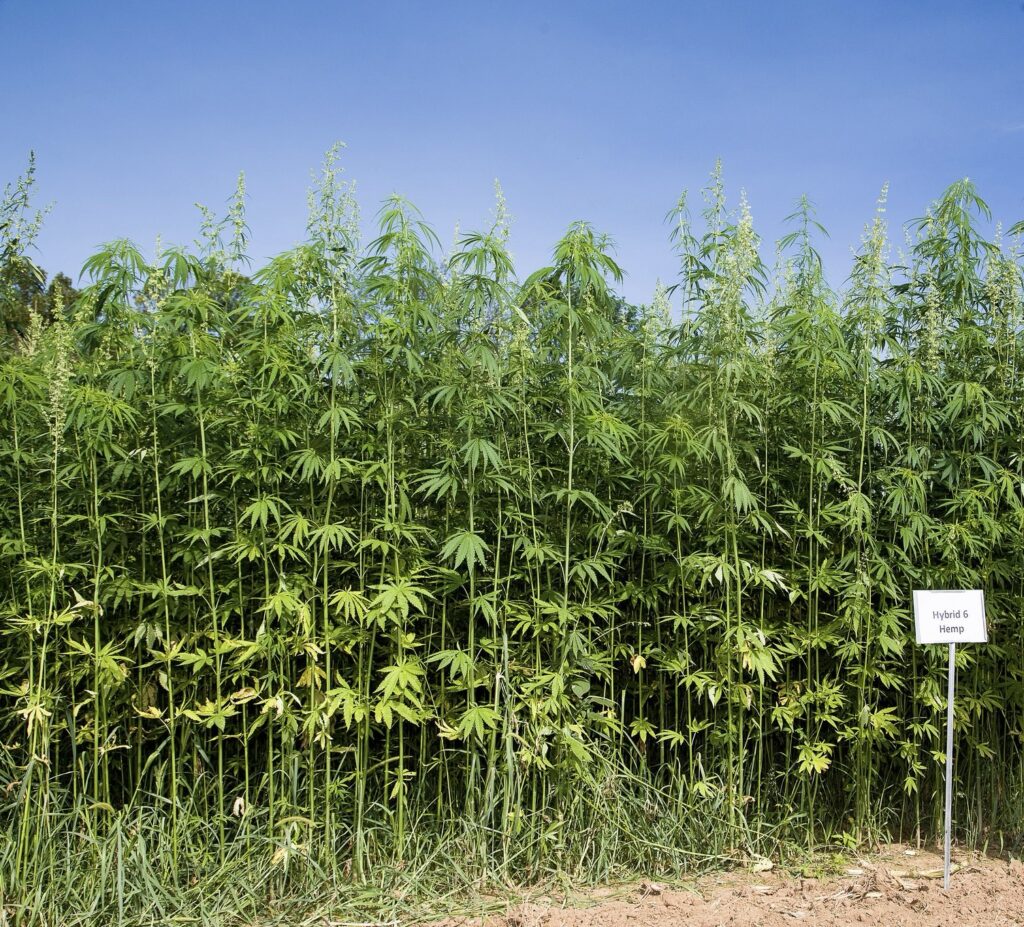
Overview:
Industrial hemp is cultivated for its fiber and seeds. It has low THC levels (less than 0.3%) and is grown for non-psychoactive purposes.
Uses:
- Textiles: Hemp fibers are strong and durable, making them ideal for creating eco-friendly fabrics used in clothing, bags, and accessories.
- Paper: Hemp paper is more sustainable than tree-based paper and has a lower environmental impact.
- Building Materials: Hempcrete, made from hemp fibers mixed with lime, is used as a fire-resistant, insulating building material.
- Biofuel: Hemp oil can be processed into biodiesel, offering a renewable energy source.
- Plastics: Biodegradable plastics made from hemp offer a sustainable alternative to petroleum-based products.
Hemp Seeds
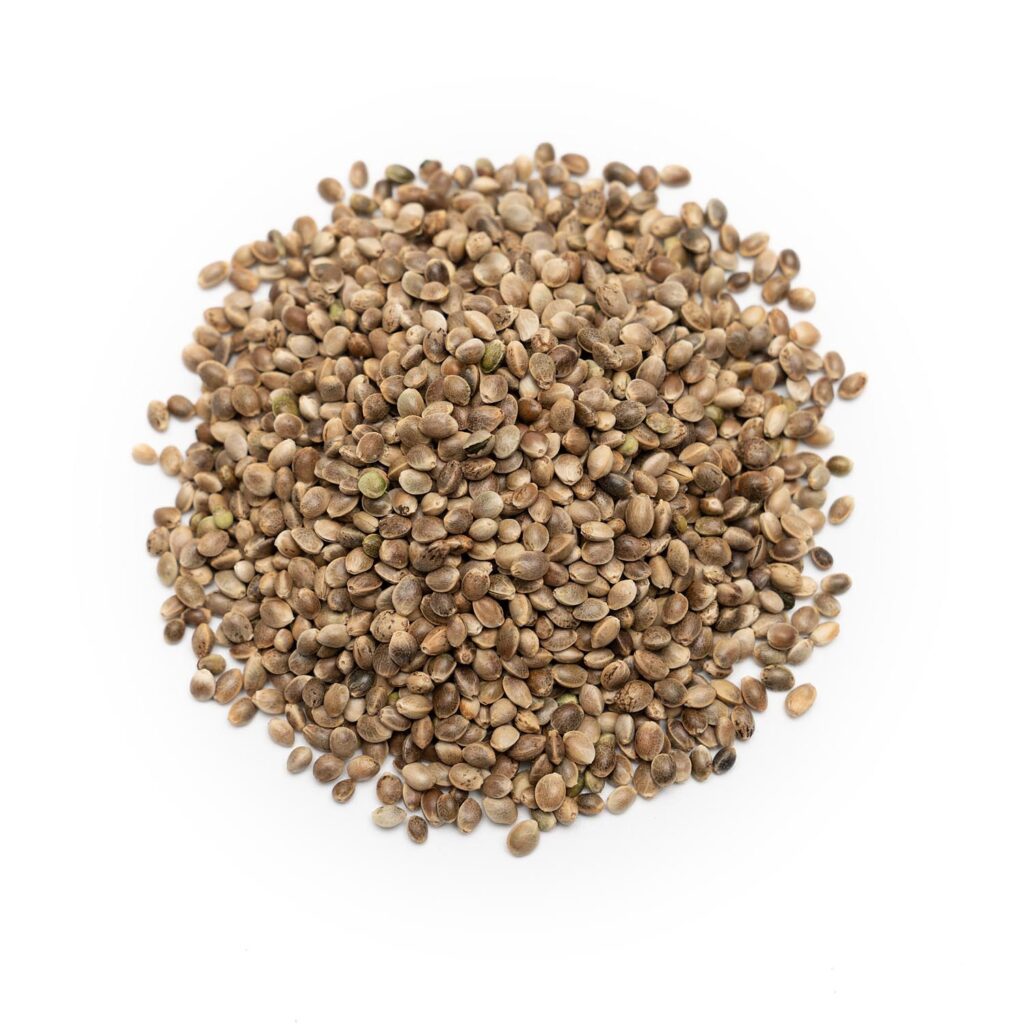
Overview:
Hemp seeds are highly nutritious and are often used in food products. They contain essential fatty acids, protein, and other nutrients.
Uses:
- Food Products: Hemp seeds are commonly used in health foods such as hemp milk, protein powders, and snack bars. They are rich in omega-3 and omega-6 fatty acids.
- Supplements: Hemp seed oil is used in supplements for its health benefits, including promoting heart health and reducing inflammation.
- Cosmetics: Hemp seed oil is a popular ingredient in skincare and haircare products because of its moisturizing and nourishing properties.
Hemp Fiber
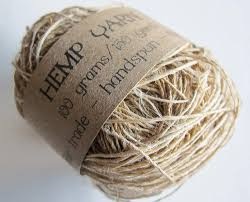
Overview:
Hemp fiber is one of the strongest natural fibers, making it a popular material for many industrial and consumer products.
Uses:
- Rope and Twine: Hemp’s strength and durability make it ideal for making ropes, twines, and cords.
- Paper: Hemp fiber can be used to create eco-friendly paper that is more sustainable and longer-lasting than wood pulp paper.
- Clothing and Textiles: Hemp fabric is breathable, durable, and sustainable, commonly used in fashion and upholstery.
CBD-Rich Hemp
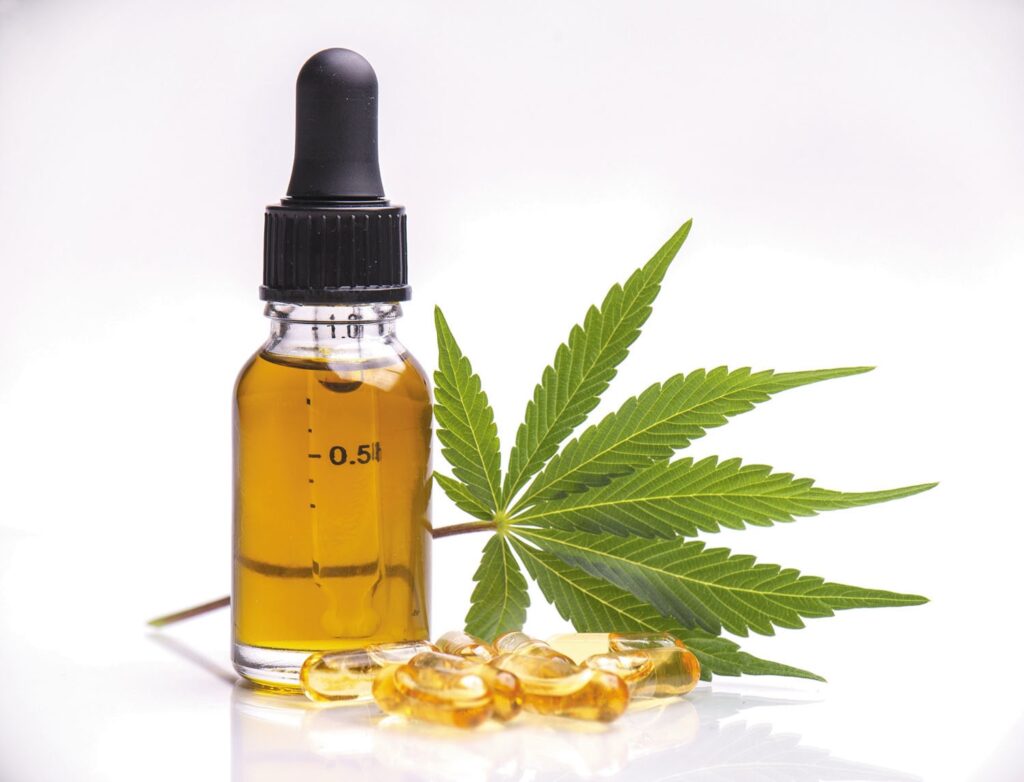
Overview:
This type of hemp is cultivated specifically for its high cannabidiol (CBD) content, a non-psychoactive compound used in wellness products.
Uses:
- CBD Oil: CBD extracted from hemp is widely used for its potential therapeutic benefits, including relieving anxiety, reducing inflammation, and managing pain.
- Topicals: CBD-infused creams, balms, and lotions are used for localized relief from muscle soreness or skin issues.
- Supplements: CBD capsules, gummies, and tinctures are consumed to promote relaxation, improve sleep, and manage stress.
Hemp Hurd
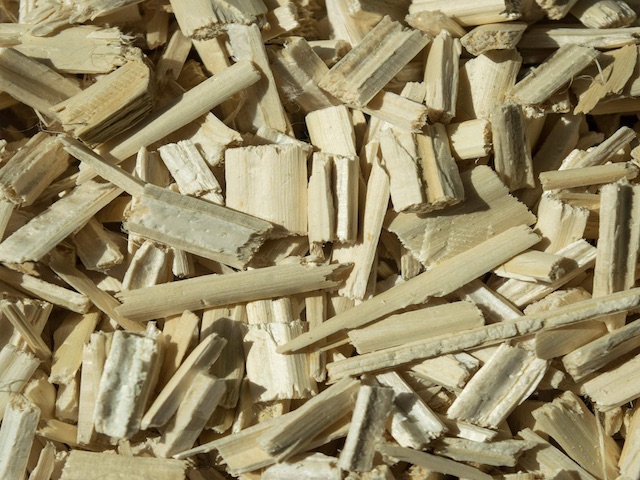
Overview:
Hemp hurds are the woody inner parts of the hemp stalk. They are coarse and lightweight, making them suitable for industrial uses.
Uses:
- Animal Bedding: Hemp hurds are used as an absorbent, dust-free option for animal bedding.
- Hempcrete: Hemp hurds are a key ingredient in hempcrete, which is used for insulation and fire-resistant construction.
- Mulch: Hemp hurd is used as a natural, biodegradable mulch for gardening and landscaping.
Hemp Oil (Non-CBD)
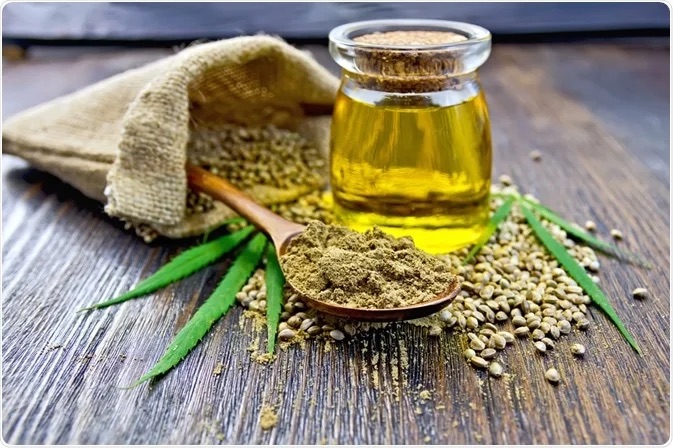
Overview:
Hemp oil is pressed from hemp seeds and does not contain CBD. It’s widely used for its nutritional properties and as an ingredient in beauty products.
Uses:
- Cooking Oil: Hemp seed oil is often used as a nutrient-rich cooking oil with a mild, nutty flavor.
- Cosmetics: Hemp oil is a common ingredient in skincare products due to its moisturizing and anti-inflammatory properties.
- Soaps and Lotions: Hemp oil’s fatty acids make it a great addition to natural soaps, lotions, and lip balms.
Conclusion
Hemp is a highly diverse plant, offering multiple types and uses across industries, from health and wellness to sustainable construction and fashion. Whether it’s industrial hemp for building or CBD-rich hemp for wellness, the plant continues to prove itself as a versatile, eco-friendly resource.

